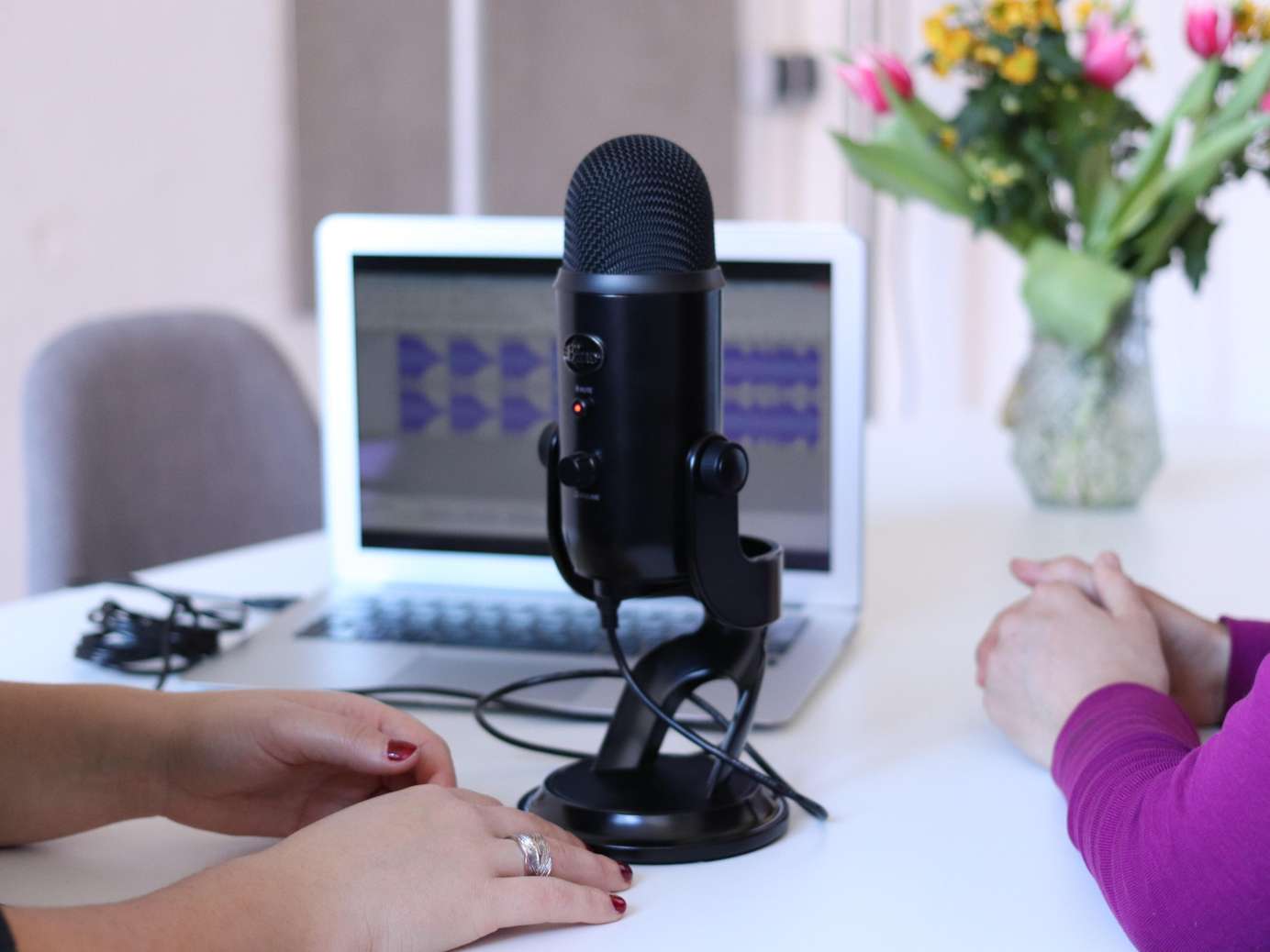How to Be a Good Public Speaker: Tips from a Professional Voice Coach
Hmlet Member Pree Domadaran wants to help you find your voice.
Sometimes, life takes us down one path only to let us discover a new one for ourselves.
Former radio DJ turned communication coach Pree Domadaran discovered her calling while training as a broadcaster. She first took voice and speech lessons to correct her speech habits at a national radio station, and realised that she could in turn help people gain more confidence with their speech.
After her stint in radio, she worked towards becoming a voice and speech coach, combining the knowledge she gleaned from her Bachelors degree in Communication Studies and English, broadcasting, emceeing, voice-overs and working closely with professionals in the industry.
Pree’s underlying motivation is to help others find their voice. She believes that there is power in communicating effectively, and anyone can learn to do that.
“Communication to me is about being self-assured enough to express my thoughts, feelings, opinions to people I care about in a kind and respectful manner. A lot of people, women in particular, tend not to speak up in social or professional settings because they do not want to be judged,” she shares. “I want them to know that speaking confidently and eloquently is a skill that can be mastered, it is not something you’re born with.”

In fact, most people make very similar mistakes when it comes to public speaking. According to Pree, the biggest mistake most people make is not preparing and winging it.
“People who look like they are winging it have most likely done it several times before, that’s why they have gotten so good at it,” she reveals. “Then you also have people on the other side of the spectrum who spend way too much time working on and nit-picking the content, script and slides without setting aside any time to practice. They believe going over the sequence in their head will suffice. Not true - you have not had a proper rehearsal until you have said the words out loud and internalised the script.”
The same applies to virtual communication, says Pree. Not only does practice make perfect, body language and other non-verbal cues also convey more than most people realise. For instance, maintain eye contact with the audience (virtually, that means placing the computer’s camera at eye level), match the tone of voice and sync facial expressions and hands with the content.
Here are five tips from Pree on speaking like a pro.

1. It's not about you
One of Pixar’s Rules of Storytelling is, “You gotta keep in mind what’s interesting to you as an audience, not what’s fun to do as a writer. They can be very different.”
Prepare your presentation from your audience’s perspective. What do they need to know, what would keep them interested, how to make your idea(s) appeal to them?
Think about what you’re selling. The point you are trying to make. Just remember that the presentation/speech is the star not you, that should help take some pressure off you.

2. Prep is key
When you are prepared you’ll feel more confident about what you’re going to say. Putting the words down on paper also helps you get your message across clearly.
That said, do not memorise your script. The disadvantage in doing that is, if you miss out one word during your presentation, it’ll throw you off and you will start to panic. Besides that, regurgitating it is also going to make you sound boring and rehearsed.
Understand your material and be sure of what you’re going to say. Don’t be afraid to say it in several different ways. Keep practising; soon you’ll repeat it in your sleep.

3. Open powerfully
A lot of speakers waste their precious opening seconds either by thanking, apologising or telling the audience what they already know. Usually the audience is aware of why they’re there.
Spend some time developing a strong opening which can range from a question to a statement, story or quote. Make sure it’s relevant so you can segue seamlessly into your first slide or point.

4. Record yourself then play it back
Watching a recording of yourself presenting is one of the best ways to improve.
You can look out for any nervous tics you weren’t aware of, for instance you run your hands through your hair every couple of minutes, you say "uhm" a lot or you end every sentence with a "you know?".
Watch the playback, be aware of the bad habits and take steps to eliminate them.

5. Breathe
Three long deep breaths can do wonders to a thumping heart.
Before you begin, be sure to find a quick minute or two to breathe in deeply through your nose for five seconds, hold for two, then breathe out for four seconds.
Do this three times.
Be it public speaking or virtual communicating, these tips will serve you well in the workplace or in your personal development.





